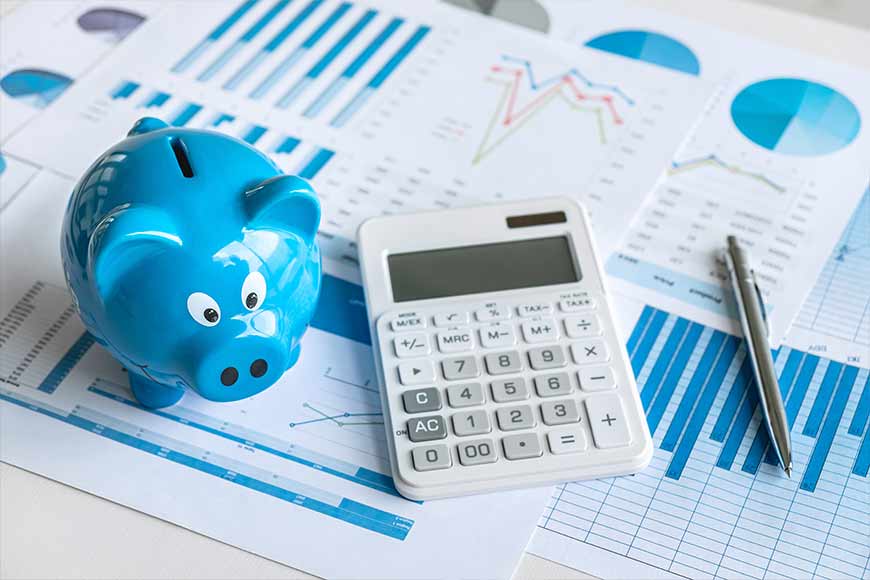Benefits of leasing
The winning tool to finance the investments of professionals, entrepreneurs and companiesWhat is leasing?
Leasing is a contract in which one party (the grantor) grants to another (the user) – for a pre-established period of time and at a periodic fee – the use of an asset purchased by the grantor on the indication and choice of the user with the right, for the latter, to acquire ownership of the asset at the expiry of the contract against payment of a pre-established price.
Compared with other forms of financing, leasing allows you to maintain liquidity since the asset is financed by your leasing provider. You merely pay a low monthly instalment to cover actual use. In addition, the leasing payments and contractual period are clear from the start and remain constant over the entire term. As a customer, this helps you avoid unexpected costs, especially regarding maintenance & wear as you pay flat rates for services.


Benefits

Transparency
Leasing covers the total value of the asset, including VAT, which will be deferred on the fees

Flexibility
It is possible to customize the duration of the contract and the amount of the deposit/fees according to the needs.

Convenience
The costs of the asset are covered more quickly, because the deductibility of the fees is faster than ordinary depreciation.

Assistance
Consultancy in the applications to obtain the contributions provided by the facilitating laws
WHO CAN REQUEST IT
Lease and loans are addressed to all holders of VAT such as freelancers, companies and corporations, but also to individuals who can take advantage of leasing on tax code. Before entering into an agreement, a thorough study of the client’s willingness and financial strength is essential.WHAT YOU CAN BUY
All the goods aimed at the activity carried out by the user, such as cars, trucks, commercial vehicles, industrial vehicles, machinery for processing or production, agricultural equipment, real estate. The asset is chosen directly by the user from the supplier, with whom he determines the terms of the sale; at the end of the contract, the user may acquire full ownership of the asset by exercising the purchase option.
